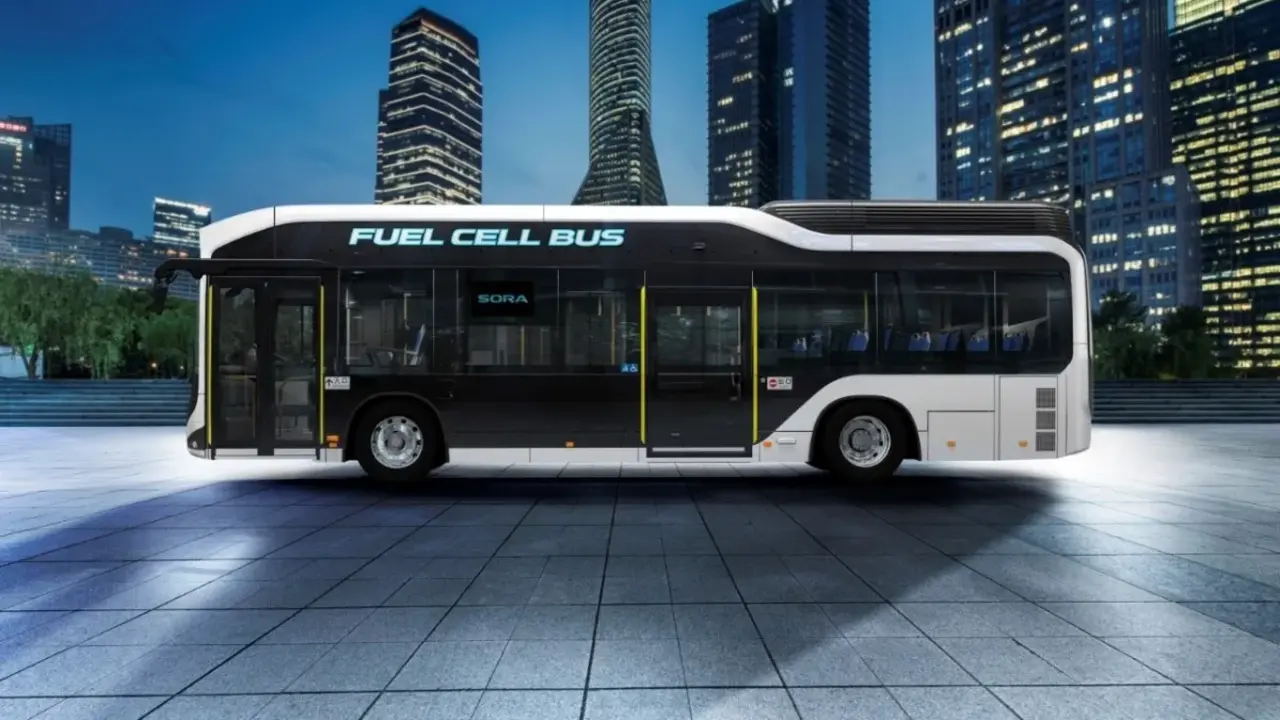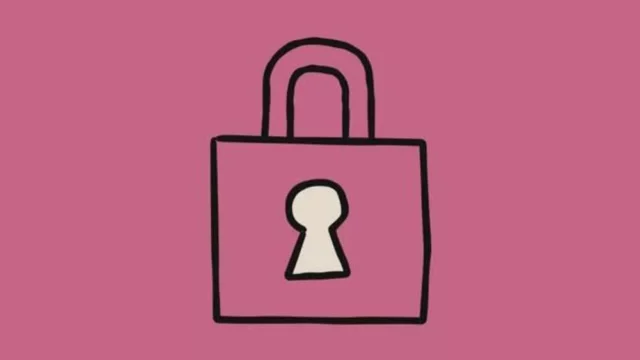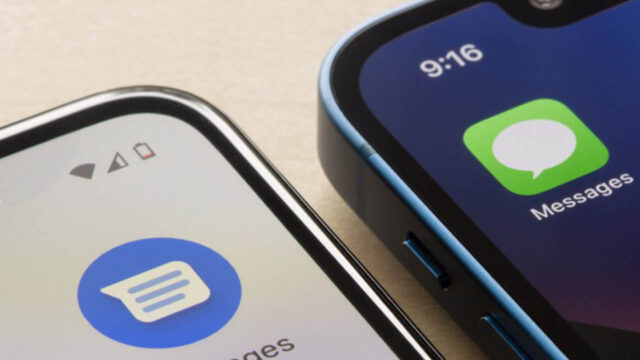Japanese automotive giants Toyota and Isuzu have agreed to develop next-generation hydrogen fuel cell buses. The bus, the product of this significant collaboration, is scheduled to roll off the production line at the Utsunomiya plant in Japan by March 2027.
Toyota and Isuzu to Develop Hydrogen Buses
Not many details about the partnership have been released yet. However, it has been confirmed that the new bus will be based on Isuzu/Hino’s battery-electric bus platform and will be equipped with a fuel cell system developed by Toyota.

According to a statement from both companies, the flat-floor design of the battery-electric bus platform, introduced in 2024, will be retained in the fuel cell bus (FCEV) version.
Toyota’s current second-generation fuel cells deliver 60 kW or 80 kW and operate in the 400-750V range. The company is expected to introduce its third-generation fuel cell system in 2026, increasing the likelihood that this next-generation system will be incorporated into newly developed buses.
With this collaboration, the two manufacturers aim to create economies of scale by using common parts. Isuzu aims to expand its zero-emission bus range, while Toyota aims to bring hydrogen fuel cell technology to various markets.
Furthermore, with the support of the Japanese government, local authorities and companies will be involved in the process, and efforts will be made to establish H2 ecosystems in various regions. Toyota previously introduced its first fuel cell bus, called Sora, in 2018, and the company’s fuel cell systems have also been used in Europe by Portuguese company CaetanoBus. This experience provides a strong foundation for the new joint project.













